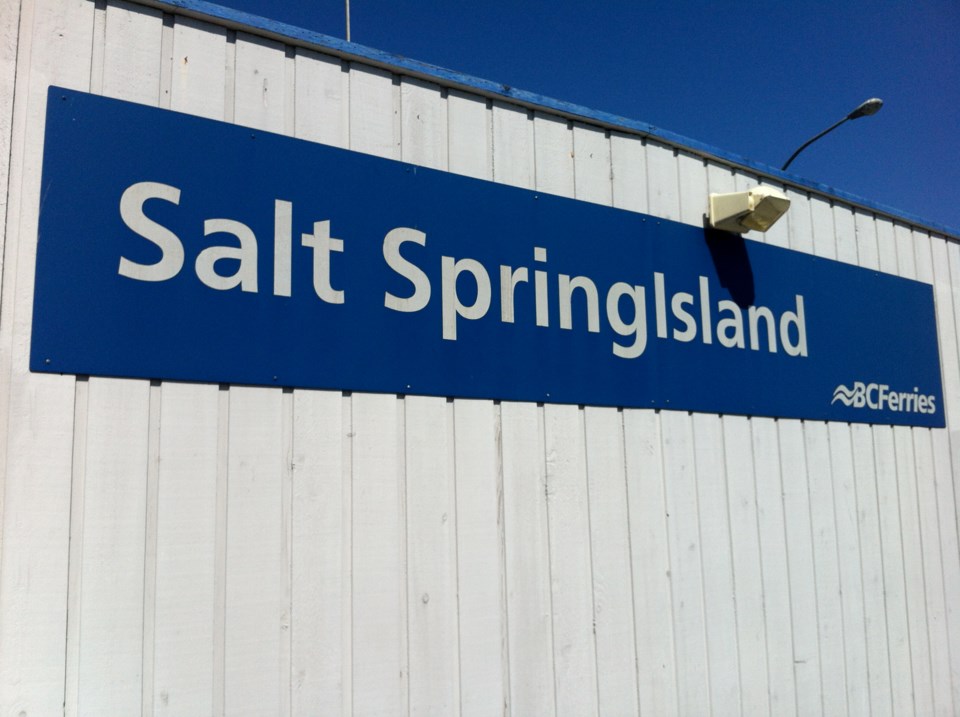Salt Spring Island is a community divided as a result of Saturday's vote against incorporation, but it is resilient and will heal, according to one of the organizers of the campaign against the new form of governance.
Patricia Lockie of Positively No conceded the campaign drove a wedge between people living on the island, but she is convinced that after a period of healing the community will start to work together again.
“Every time we go through one of these exercises, whether it is the building of the sewers or the last time we went through (an incorporation vote) 15 years ago, for a time there is a polarization and divisiveness,” she said.
“But this is a community that by nature is essentially collaborative. People are accustomed to working together to get things done and that will return.”
People came out in droves to vote Saturday.
More than 6,300 of the island’s 10,500 residents voted in the referendum that ultimately saw the island vote against incorporation, which would have meant the establishment of a town council to oversee municipal affairs on Salt Spring.
Preliminary results posted online showed 62 per cent of voters preferred to maintain the current form of governance.
At present, Salt Spring is represented by a single director elected to the 24-member Capital Regional District board, and by two people elected to the Islands Trust.
As an incorporated area, Salt Spring would have elected a mayor and six councillors, but still have representation on the CRD and Islands Trust boards.
“We were very pleased with the results,” said Lockie. “At the end of the day I think we won because we cared very, very much. We essentially wore our hearts on our sleeves and that had a resonance within the community.”
Lockie said Positively No was not about saving the existing system, but rather about avoiding what organizers saw as a rigid municipal system.
“We never said (the status quo) was a perfect system, no government ever is, but there is a capacity and latitude within the existing form of government for evolution or change,” she said. “We were not allowed within the scope of the incorporation study to examine what some of those other options would be.
“However there are other options and the current system is progressive enough to allow other options to evolve.”
In a post on the Yes Empowers Salt Spring Island website, campaign organizers wrote they were disappointed with the results.
“Our belief remains that local government decisions should be made by a representative cross-section of Salt Spring Islanders. Today, not having taken the first step on that path, we reach out to our fellow Salt Springers who voted ‘no’ to let them know we remain committed to more effective governance as far as the current system allows,” the statement read.
“After all the squabbling, there is no dispute about this: born here or lured from elsewhere by the island’s magic, we all love this precious place and its unique community. Our only argument has been what form of governance best equips us to face coming challenges.”
Saturday’s referendum marks the second time the island has gone to the polls on the question of incorporation in 15 years. The last time the island voted 70 per cent to reject incorporation.
Former community minister Peter Fassbender in March ordered the incorporation vote after a committee studying the issue recommended it go ahead.
The nine-member volunteer committee started its work in 2015, with $255,000 in provincial funding.
Salt Spring is B.C.’s largest unincorporated community. It is also the largest of the 13 major Gulf Islands.
The island was incorporated in 1873 after prominent residents asked the provincial government to take action, but 10 years of disagreements and lawsuits led to the municipality being dissolved.



